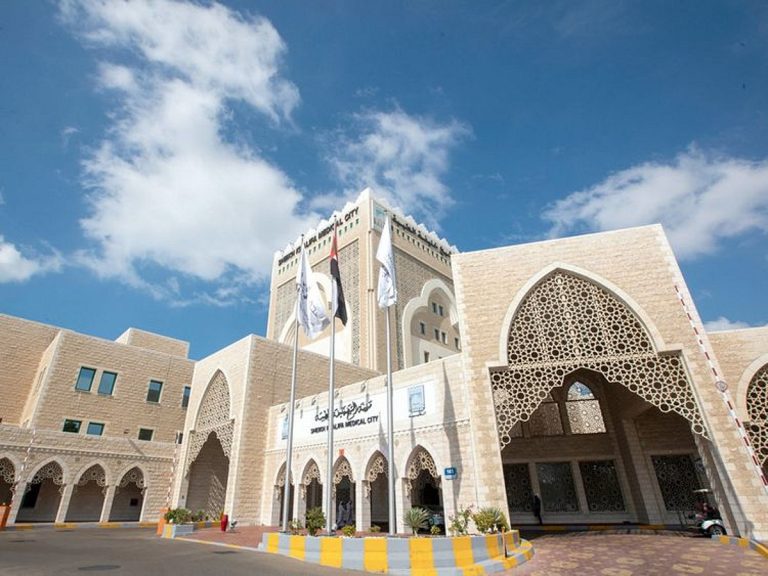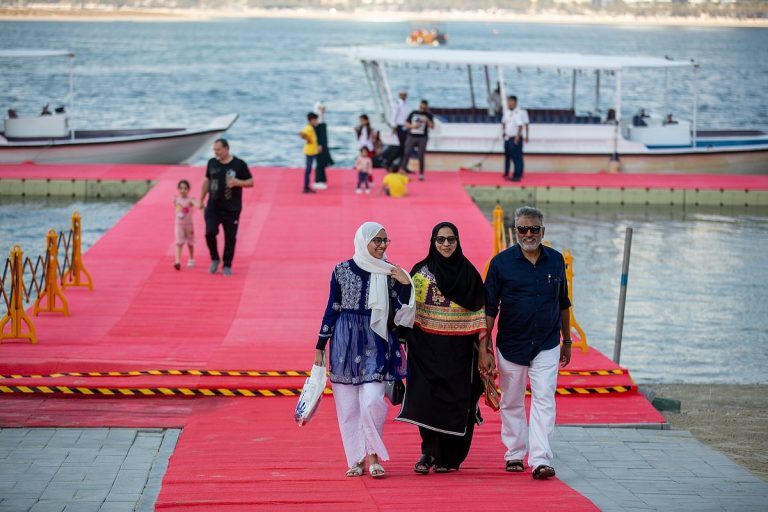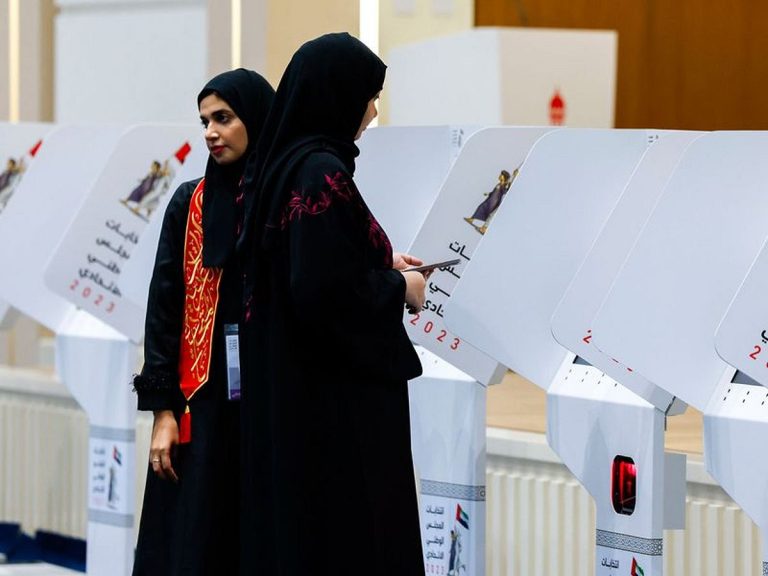MoHRE Calls on Private Sector to Meet Emiratisation Goals
The Ministry of Human Resources and Emiratisation (MoHRE) is intensifying its efforts to ensure that private-sector companies meet Emiratisation targets by the end of this year. With a focus on integrating Emiratis into skilled positions, the ministry has warned that firms failing to comply will face financial penalties and other legal repercussions starting January 1, 2026.
Increased Pressure on Private Companies
MoHRE is urging businesses governed by Emiratisation regulations to enhance their recruitment strategies to meet the 2025 Emiratisation benchmarks by December 31. Companies that do not achieve the required Emiratisation percentages will be subject to financial contributions, reinforcing the ministry’s commitment to promoting the employment of Emirati nationals in skilled roles. The ministry emphasizes the importance of utilizing platforms like Nafis to connect effectively with Emirati job seekers.
Emiratisation Quotas Explained
Emiratisation quotas apply to firms with 50 or more employees, mandating an annual increase of 2 percent in the number of Emirati employees in skilled positions. For smaller companies with 20 to 49 workers, the requirement is to hire at least one Emirati citizen and retain existing national staff by January 1, 2026. These mandates are designed to enhance job creation and provide suitable work environments for Emiratis, with penalties for non-compliance including financial fines and potential downgrades in company classification.
Monitoring and Compliance Measures
To ensure compliance, MoHRE has expanded its monitoring capabilities, employing artificial intelligence tools to identify avoidance tactics, including instances of ‘Fake Emiratisation.’ The ministry encourages Emirati nationals to report any violations through various confidential channels, including a dedicated call center and a digital app.
Incentives for Exceeding Targets
In an effort to promote adherence to Emiratisation goals, MoHRE has outlined several incentives for companies that exceed their targets. These include participation in programs like Nafis and the Emiratisation Partners Club, which offer benefits such as up to 80 percent reductions on ministry service fees and priority access to government contracts. These incentives aim to foster business development while supporting Emirati employment.
Current Employment Landscape
As of June 30, 2025, over 152,000 Emiratis are employed in the private sector across approximately 29,000 companies. They are predominantly found in six key economic sectors: business services, financial intermediation, trade, repair services, construction, and manufacturing. Emiratis hold various roles, including specialists, managers, and administrative positions. Notably, MoHRE has identified 405 cases of ‘Fake Emiratisation’ in the private sector during the first half of 2025, highlighting the need for vigilance in compliance.
FAQs
What are the consequences for companies that fail to meet Emiratisation targets?
Companies that do not meet Emiratisation targets by the deadline will face financial penalties and potential legal consequences, including downgrades in company classification.
How can Emirati job seekers find opportunities?
Emirati job seekers can utilize platforms like Nafis, which connects them with employers actively seeking to fulfill Emiratisation requirements.
What incentives are available for companies that exceed Emiratisation goals?
Companies that surpass their Emiratisation targets may benefit from reduced ministry service fees and priority access to government contracts through programs like Nafis and the Emiratisation Partners Club.
Conclusion
The MoHRE’s push for compliance with Emiratisation targets underscores the UAE’s commitment to integrating Emiratis into the workforce. Companies are encouraged to ramp up their recruitment efforts to avoid penalties, while Emirati nationals are urged to take advantage of available job opportunities. As the deadline approaches, both employers and job seekers play crucial roles in shaping the future of employment in the UAE.
The Emiratisation initiative is part of a broader strategy by the UAE government to diversify its economy and reduce reliance on foreign labor. By encouraging the employment of Emiratis in skilled positions, the government aims to enhance the overall skill set of the workforce and foster a sense of national identity among citizens. This initiative aligns with the UAE’s Vision 2021, which emphasizes the importance of developing a competitive knowledge economy.
In addition to financial penalties for non-compliance, the MoHRE’s approach includes regular assessments and feedback mechanisms to help companies improve their Emiratisation strategies. The ministry is also collaborating with educational institutions to ensure that Emirati graduates are equipped with the skills needed to thrive in the private sector. This holistic approach aims to create a sustainable employment ecosystem that benefits both Emiratis and the economy as a whole.
Also Read:
GITEX 2025: Key Insights for Business Leaders






